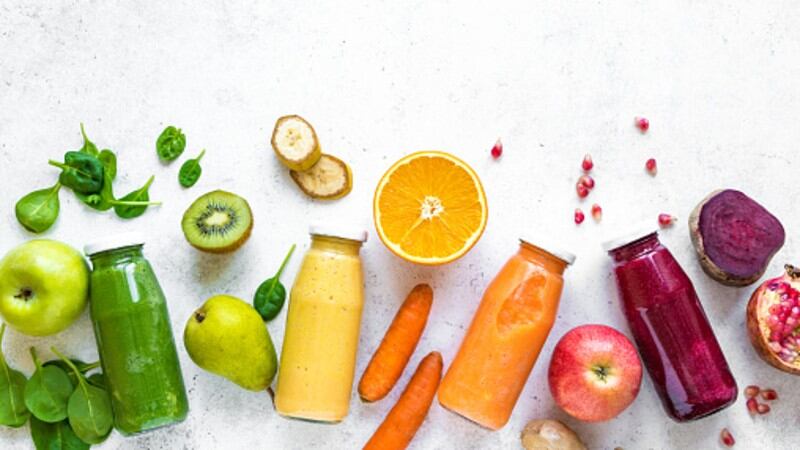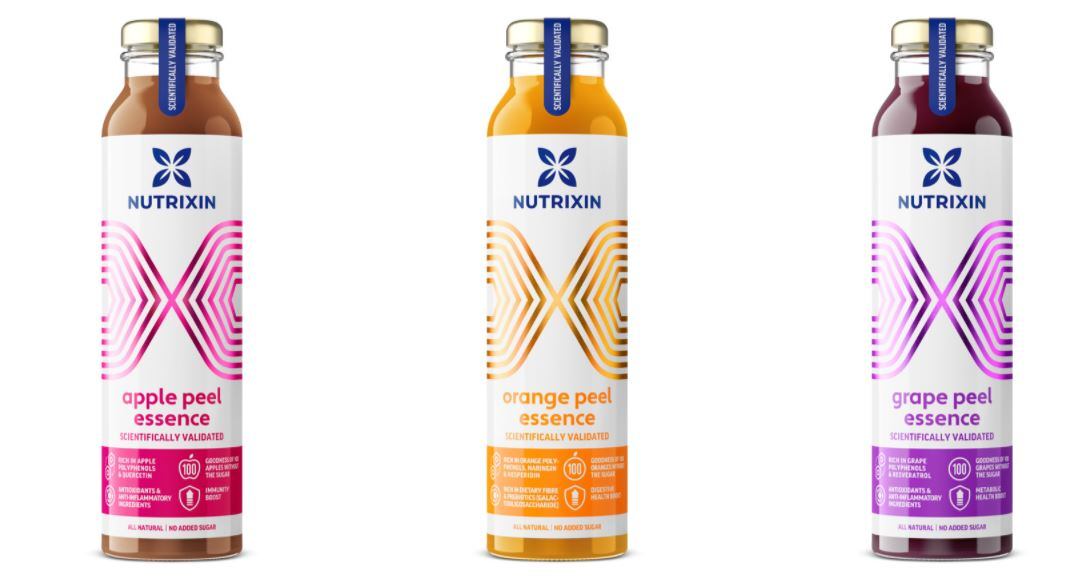The Australia and New Zealand Ministerial Forum on Food Regulation (Forum) confirmed last month that fresh fruit juice with no sugar added would be given a HSR rating of as low as 2.5 stars depending on the type of fruit used, a decision that has been blasted by the industry.
“Fresh, pure fruit juices with no sugar added, which have been rated 4 to 4.5 stars for the longest time, are suddenly are being given as low as 2.5 HSR scores based - even poor old pineapple juice is only rated 2.5 stars now,” Australian Beverage Council Limited (ABCL) Head of Corporate Affairs Cathy Cook told FoodNavigator-Asia.
“This decision is all about the fructose content and not taking any nutrients into consideration, so it can be seen that the HSR rating system now really only cares about sugar content.
“This is devastating because on the HSR scale, anything that gets less than 3.5 stars moves from a core food to a ‘discretionary’ food. Most fruit juices are now ‘discretionary’ despite Australian Dietary guidelines saying that the occasional 125ml glass of juice with no added sugar can be used in place of a serving of fruits/vegetables, so the HSR is contradicting this now.”
The only type of fruit juice to have escaped more or less unscathed is tomato juice, which is the only one left still carrying a 4-star rating.
“In light of all this, the advice we have for fruit juice firms for now is to blend – blend high-fructose fruits with low-fructose fruits or with vegetable juices to bring up the HSR star ratings,” Cook said.
“I’m thinking things like apple-cucumber-kale juices with a dash of ginger, which can still bring the goodness of the fruit but also have a high enough rating [to not scare consumers off].
“We are aware that this may not help bigger brands which are established in certain juices such as citrus brands that have been around for many years, but this is probably the best way to go forward for now whilst continuing to advocate and promote the goodness of fruit juices.”
Given the impact that sugar content has on the rating, increased water content would also lift the HSR scores, as water is a 5-star beverage – but this would of course bring down the nutritional value as well as the taste of the juice, so would not be considered a preferred alternative.
Fruit and fruit juice industry bodies are also understandably furious with the government’s decision, with Citrus Australia CEO Nathan Hancock expressing ‘shock and disappointment’ and saying that these decisionmakers had ‘lost their way’.
“We are gutted for our growers that produce world class juice for the Australian population, only to be told diet coke is the better option - What message does that tell the Australian agriculture industry and Australian consumers?” he told us.
Under the current HSR calculation system, Diet Coke has a HSR rating of 3.5 – higher than that of juices with no sugar added.
The Forum comprises ministers from each of Australia’s state governments as well as the federal government and the New Zealand government, and Hancock said he was particularly upset’ with the Western Australian, Victorian and Queensland governments.
“These states reap the reward of strong citrus growing sectors, who provide financial and social benefits to rural and regional communities,” he said.
“Despite evidence that fresh juice contains nutrients vital to physical and mental well-being, these governments have deferred to the anti-sugar lobby, which has had fresh juice in its sights since the Health Star Rating system was formed – [they] may as well just relabel it as the Hate Sugar Rating system and be done with it.”
Impacts to HSR adoption and public health
The HSR system has long come under fire from public health experts and academics calling out its voluntary nature and asking government to make it mandatory – so although this lower rating for juice may give these same groups cause to rejoice, the industry warned that it will likely also drive adoption of the system down.
“Australian juice processors have stated that the proposed changes to the Health Star Rating for fresh juice will have an immediate and detrimental effect on sales,” he said in response to queries on whether the decision would impact HSR uptake by fruit juice firms.
“We fear any decline in sales under this false premise would also hasten the demise of not only the Australian orange juice industry, which has already seen a 30% decrease in the production base over the last 18 years, but many other horticulture industries as well.”
Cook added that although ABCL continued to support the system and encourage its members to take it up, it is hard to see why newer or smaller companies would opt to do so.
“There are so many things to put on a beverage label now, and although we do encourage our members to do so, there are many companies out there that may not, and I also would wonder why smaller or newer companies would choose to opt in [after seeing this],” she said.
“The aim is to get the message on healthier products through to consumers, but nutrients and benefits beyond sugar are not being considered.”
Hancock concurred, adding that the Health Star Rating system was ‘misguiding’ and needed an overhaul.
“It does not provide enough information for consumers to make educated decisions; it does not recognise the importance of fresh fruit and vegetables in the diet; and it is easily manipulated by manufacturers of highly processed goods who simply adjust their additives to beat the system - Are dieticians really going to recommend diet coke to their patients?” he asked.
“Consumers deserve a health star system that does not focus on one element of a product at the detriment of all the others. Our industry has been unfairly compromised by this shallow system and we won’t stand for it.”
So although ‘the battle is over’ for now according to Cook, the fight will go on and the industry will be bringing this back to the Forum again when the HSR system undergoes its next review.



